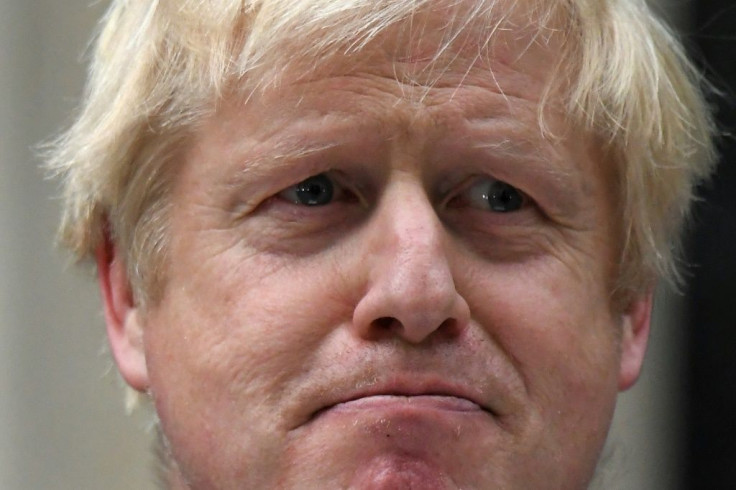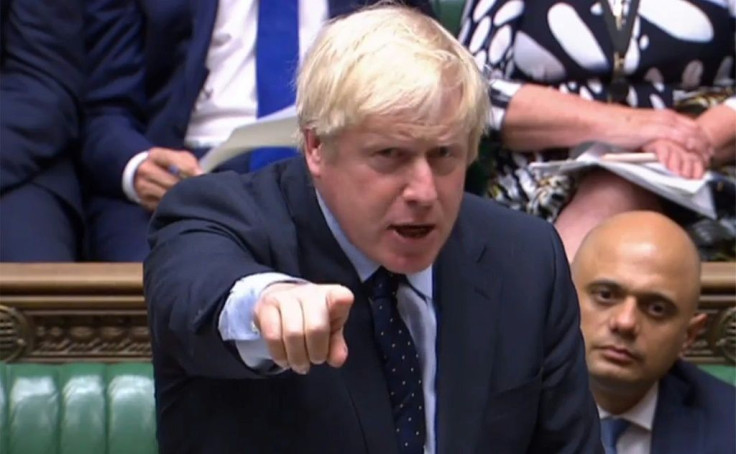Goldman Sachs Thinks No-Deal Brexit More Probable, Estimates Raised To 25%

The United Kingdom will likely crash out of the European Union (EU) without a deal on Oct. 31 -- the infamous “No-Deal Brexit” championed by prime minister Boris Johnson -- and Goldman Sachs now thinks there’s a 25% chance Johnson will get his way.
The latest odds of a No-Deal Brexit compares to the previous 20% estimated by Goldman Sachs. The investment giant cited the prolonged suspension of the British Parliament as its reasons for foretelling a No-Deal scenario.
On the other hand, Goldman Sachs estimates there’s a 45% probability a variant of the existing Brexit deal crafted by former PM Theresa May will pass in the House of Commons. The Commons previously rejected the original version of this option thrice, but now looks favorably upon it as a less damaging alternative to Johnson’s No-Deal.
Goldman Sachs also cut the probability of no Brexit to 30% from 35%.
The new Goldman Sachs odds, however, were made before the high drama at the Commons on Tusday where a “rebel alliance” of 21 disaffected Tories sided with their Labour foes to deal Johnson a humiliating defeat.
The rebels effectively dashed Johnson’s No-Deal Brexit plans by seizing control of the parliamentary agenda. The victory means this alliance will try to ram through a bill on Wednesday that will prevent the U.K. leaving the EU on Oct. 31 without a deal. The bill will also send Johnson to Brussels to seek another Brexit extension, this one until January 2020, which Johnson has never been keen on doing.
Johnson has long condemned this option, saying he doesn’t want to take the threat of a No-Deal Brexit off the table. He argues the No-Deal threat makes his negotiating position against the EU that much stronger. He also affirms leaving the EU without an agreement will hit the British economy, but will at the same time hurt the rest of the EU.
"Let there be no doubt about the consequences of this vote tonight,” said Johnson. “It means that parliament is on the brink of wrecking any deal we might be able to strike in Brussels.”
During Tuesday’s vote, the government lost by 328 votes to 301. The loss prompted Johnson to immediately announce he plans to call for an election rather than be forced to request another "pointless delay" to Brexit by traveling to Brussels.

© Copyright IBTimes 2024. All rights reserved.





















